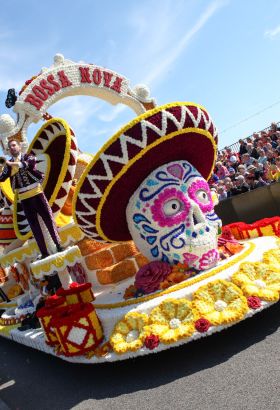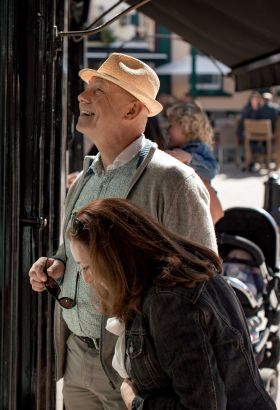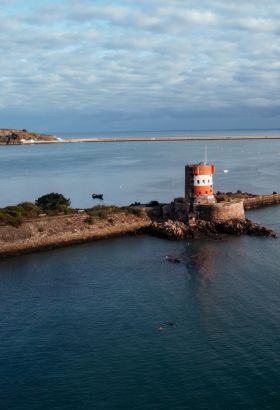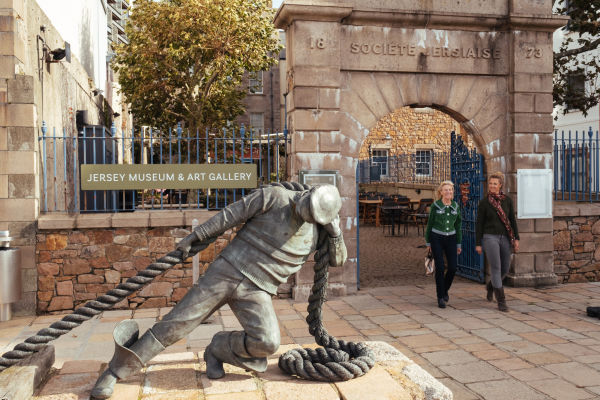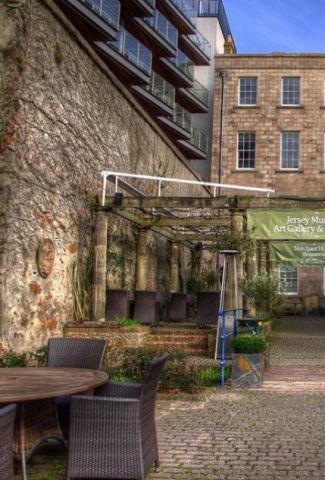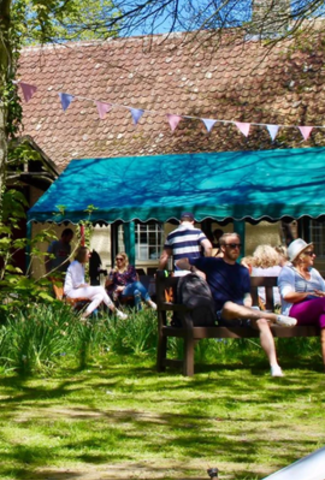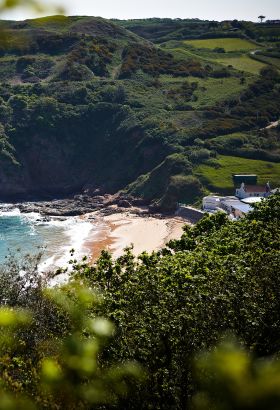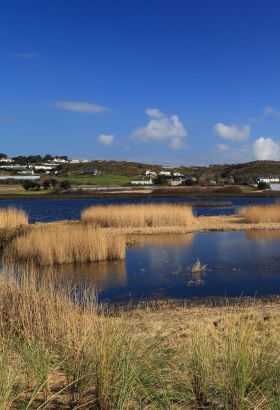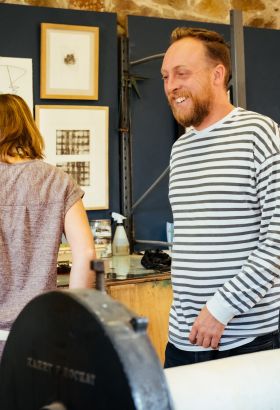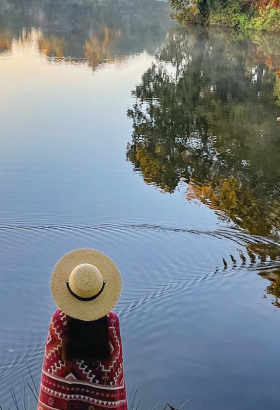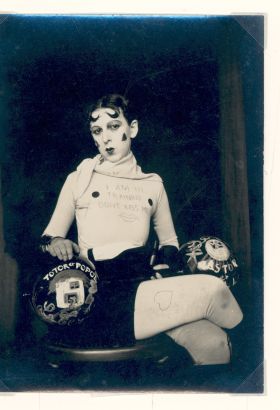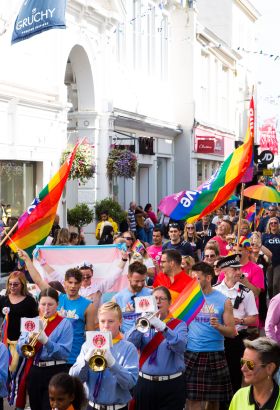There’s no doubt Jersey is a little slice of cultural paradise, but there is much more to discover than meets the eye. Or shall we say tongue… Listen and you’ll hear the King’s language spoken widely across the island but uncover the mysterious truth – English is not Jersey’s first language. That’s right, our petite 9 by 5 miles island has its very own traditional language called Jèrriais.
Although you may need to hunt down the few locals who still speak the language, if you do ever have the pleasure of conversing with a native speaker you may notice a unique intonation in their speech. A fascinating feature of Jèrriais, which sounds more familiar to a South African twang, just one of the intriguing aspects of the language!
The History of Jèrriais
An ancient language with a French twist
Voiced among the island folk for centuries, the romance language is a significant part of Jersey’s heritage. From locals conversing in secret during the German Occupation, to a magnificent amount of Jersey’s history recorded in the quirky dialect.
The traditional lingo is a direct descendant of the Norman languages spoken by our French neighbours during the Middle Ages. Except, Jersey’s isolation from the mainland and the influence of the English language, shaped the evolution of a new dialect. One with its own unique and distinct, warped words.
The mysterious and captivating style of speech was widely spoken among the islanders, up until around the mid-19th Century.
During the German Occupation, Jersey folk were able to communicate with each other in secret without the invaders understanding the jargon. After the second world war, a boost in influence from the English language became much more popular, and sadly, the mother tongue began to fade away.
Société Jersiaise
A culture that sparks curiosity
Although only spoken by 3% of locals today, the lingo very much remains a living language. With new words being added to its vocabulary, Jèrriais is still evolving.
Founded over 150 years ago, Société Jersiaise studies the island’s heritage including the ancient language. With aspirations of teaching local school children, in a strive to preserve the Jersey way of life.
Intrigued by the not-so-secret-society of Société Jersiaise? Visitors are more than welcome to join in their special events and meetings throughout the year and even pop along to the Lord Coutanche Library which bursts with intriguing books and publications on Jersey’s history just waiting to be discovered.
Learn the local lingo
Master the quirky dialect, learn a few Jèrriais words and phrases.
Bouônjour
Mèrcie bein des fais
Coumme est qu'tu'es
À bêtôt
Tch'est qu'est vot' nom?
Extchûthez-mé
Combein qu'ch'est?
Quirky facts you didn’t know…
- All French speakers know one word of Jèrriais: pieuvre – thanks to Victor Hugo. He first encountered our word for octopus from the fisherfolk at Grève d’Azette and later made it a part of the French language by including it in his novel The Toilers of the Sea – but very few French speakers realise that “pieuvre” is not originally a French word.
- Although 12th Century Jersey poet Wace wrote in old Norman rather than modern Jèrriais, he is considered the founder of Jèrriais literature – and was the first writer to mention that King Arthur had a Round Table. See the plaque to Wace in the Royal Square with the quote that shows how proud he was of being a Jerseyman.
- English as spoken in Jersey has adopted a few words from Jèrriais: the word for hedge-trimming: branquage is jokingly used to mean a haircut. If you’re visiting at the times of the twice-yearly cutting and official measuring and inspections of hedges, you’ll understand why branquage is a part of Jersey culture.
- You might think that the Jèrriais word for beach would be similar to the French word: plage. But as you can see from beach names around Jersey, our word is grève.
